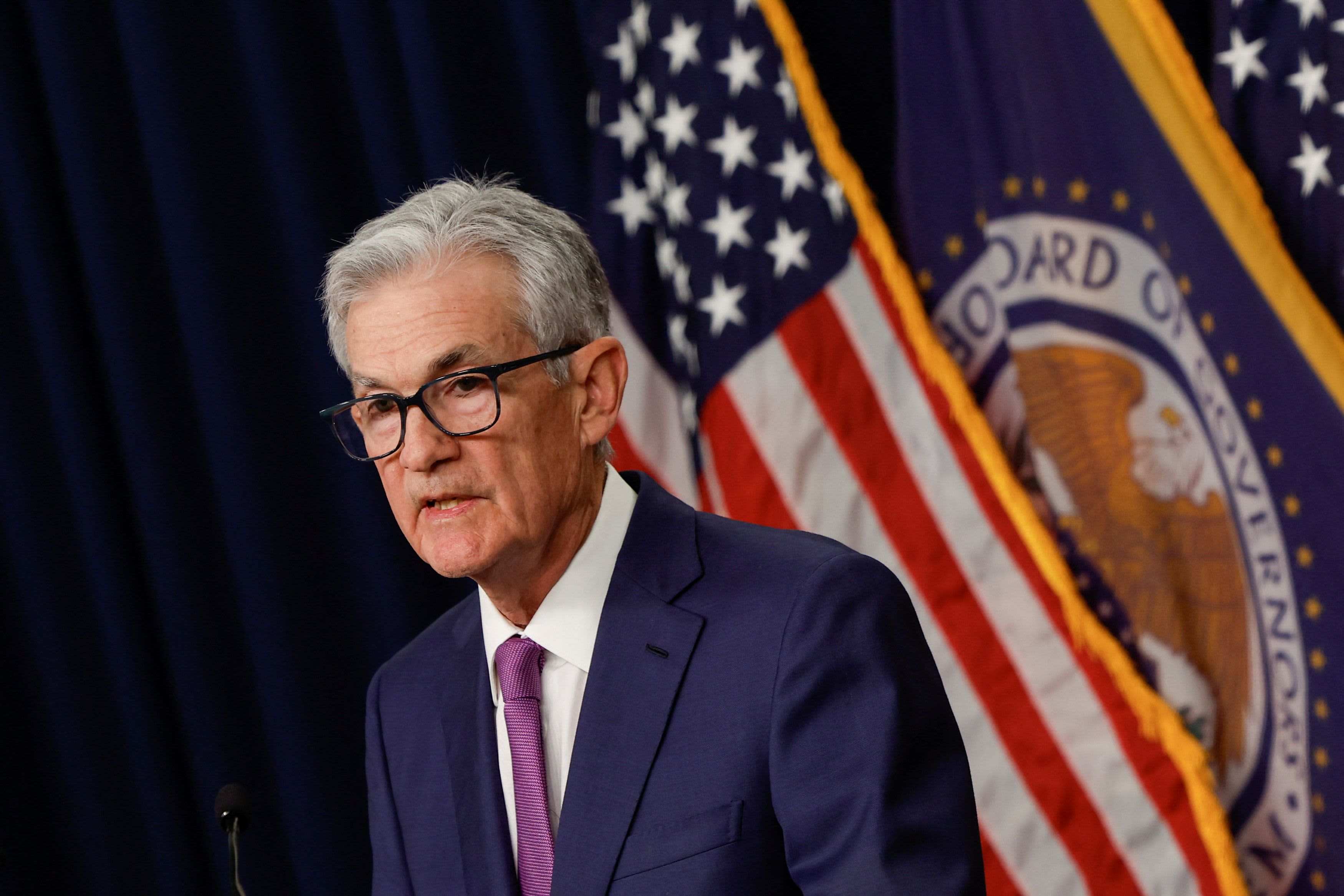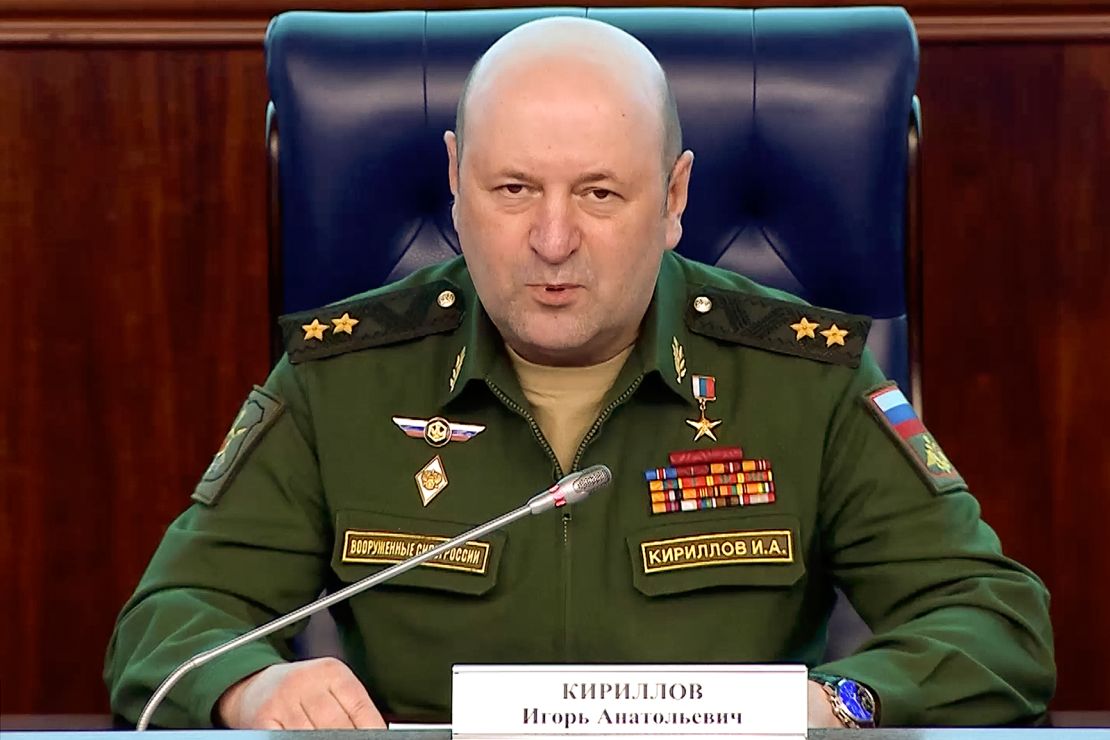Powell stated to Scott Pelley from the news magazine that with the current strong economy, the decision to reduce interest rates should be approached carefully. He stressed the importance of seeing sustainable evidence of inflation moving down to 2%. While the confidence in the economy is increasing, he emphasized the need for more assurance before proceeding with interest rate cuts. Powell expressed uncertainty about making the first move in March, contrary to the expectations of the futures markets.The committee concluded the meeting by maintaining the benchmark borrowing rate between 5.25% and 5.5%. The committee indicated in its post-meeting statement that it will not cut rates until there is greater confidence in inflation reaching the 2% target.Markets have been speculating on the number of cuts the Fed will make this year, with current pricing suggesting five quarter-percentage points reductions. However, Powell supported the FOMC’s December estimates, which pointed to just three moves.”We’ll update [the outlook] at the March meeting. I will say, though, nothing has happened in the meantime that would lead me to think that people would dramatically change their forecasts,” he said. He noted that the time for cuts is approaching but may not be imminent.Powell remained optimistic about the economy, acknowledging that inflation has moderated and the job market remains robust. Nonfarm payrolls surged by 353,000 in January, as reported by the Labor Department. He identified the biggest risk as likely stemming from geopolitical events.At the Fed’s annual retreat in August 2022, Powell had warned about the potential negative impact of policy tightening. However, he stated in the “60 Minutes” interview that the anticipated negative consequences have not materialized. He highlighted the continued strong economic growth and high job creation as positive indicators. Powell also reaffirmed that political pressure would not influence the Fed’s decisions during this presidential election year.”We do not consider politics in our decisions. We never do. And we never will,” he emphasized.
Powell emphasizes caution in Fed’s approach to rate cuts, suggesting fewer cuts than expected by the market













